A recent National Geographic article brought to light some unfortunate findings about the fragments of the Dead Sea Scrolls currently held by The Museum of the Bible: all 16 of them are modern forgeries.
The forged fragments of ancient religious texts were under investigation by researchers hired by the museum itself, and their findings were announced to the world at an academic conference also hosted by the Museum of the Bible.
Museum of the Bible CEO Harry Hargrave explained the museum's position on the findings during the conference.
"The Museum of the Bible is trying to be as transparent as possible. We're victims—we're victims of misrepresentation, we're victims of fraud."
Art fraud investigator Colette Loll covered how the forgeries came to be, and how they fooled the various scholars who had authenticated them.
Loll said that the fragments were likely made using ancient materials, but were painted in recent years to make them look like the real Dead Sea Scrolls.
"These fragments were manipulated with the intent to deceive."
The nearly 100,000 Dead Sea Scrolls fragments that existed and were authenticated before 2002, when the forgeries turned up, are not having their authenticity questioned. Only those which were discovered in 2002 or after are called into question by the team's findings.
Årstein Justnes, a researcher from Norway's University of Agder, pointed out why these 16 fragments being found to be forgeries was so impactful.
"Once one or two of the fragments were fake, you know all of them probably are, because they come from the same sources, and they look basically the same."
Jeffrey Kloha, Museum of the Bible's chief curatorial officer, discussed the museum's reasoning for further research into remaining fragments after the first 5 were evaluated.
"It really was—and still is—an interesting kind of detective story. We really hope this is helpful to other institutions and researchers, because we think this provides a good foundation for looking at other pieces, even if it raises other questions."
This wasn't a minor case of fraud to gain a few dollars, either.
The asking price for artifacts like these is not small.
The Museum of the Bible contracted Loll's company, Art Fraud Insights, to investigate the scroll fragments in their collection in February 2019.
The team of five investigators that she assembled examined the fragments both chemically and physically, and quickly came to the concensus that all 16 of the samples were forgeries.
This decision was partially based on the fact that museum's pieces were made of the wrong materials. Most of the authentic scroll fragments were written on parchment, while the forgeries were on leather.
Microscopic examination also showed that the text on the Scrolls had been recently painted on the already-ancient leather.
The origin story, or lack thereof, of the prices also caused the team to question their authenticity.
Justnes described the issue with their provenance succinctly.
"We should perhaps really hope that [the post-2002 fragments] are fakes ... If they are fakes, we have been duped. But if they are authentic, unprovenanced artifacts, they must have been looted, they must have been smuggled—they were tied to criminal acts in some way."
The authentic scroll fragments can be traced to Palestine's Qumran caves, where indigenous Bedouin herders found the Scrolls in jars in 1947.
All of the pre-2002 fragments can be traced back to one antiquities dealer: Khalil Iskander Shahin, more often known as Kando.
The new fragments were also rumored to be from the Kando family, with some of the fragments in The Museum of the Bible's collection having been purchased directly from Kando's son William.
Though the forged pieces all likely share an origin point, no one knows the identity of the forger.
Many people chimed in on Twitter about the forgeries.
Many pointed out that this isn't all of the Dead Sea Scrolls, just those housed at the museum.
And others emphasized the impact that these findings will have.
While the group's findings don't question the authenticity of the original Dead Sea Scrolls, they do demonstrate how collectors can be fooled by convincing forgeries.
The materials were of approximately the right age, and the forger was apparently very careful, so the fakes fooled many experts until they were examined microscopically and chemically.
The NOVA documentary Dead Sea Scrolls Detectives is available here.

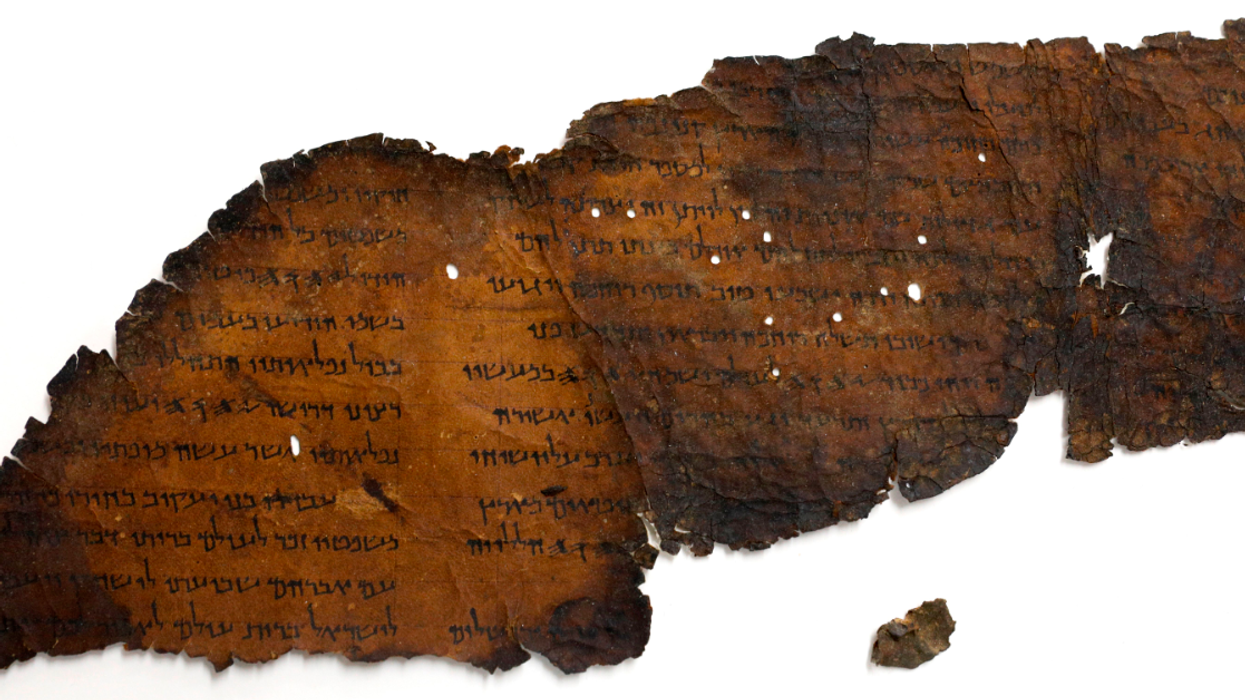






 @realDonaldTrump/Truth Social
@realDonaldTrump/Truth Social @realDonaldTrump/Truth Social
@realDonaldTrump/Truth Social @P78/Truth Social
@P78/Truth Social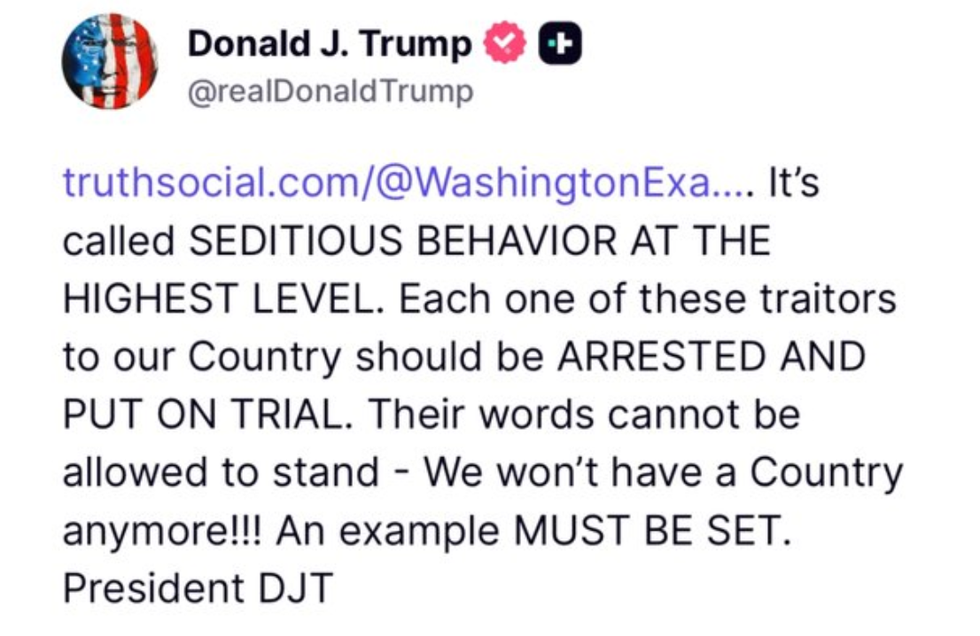

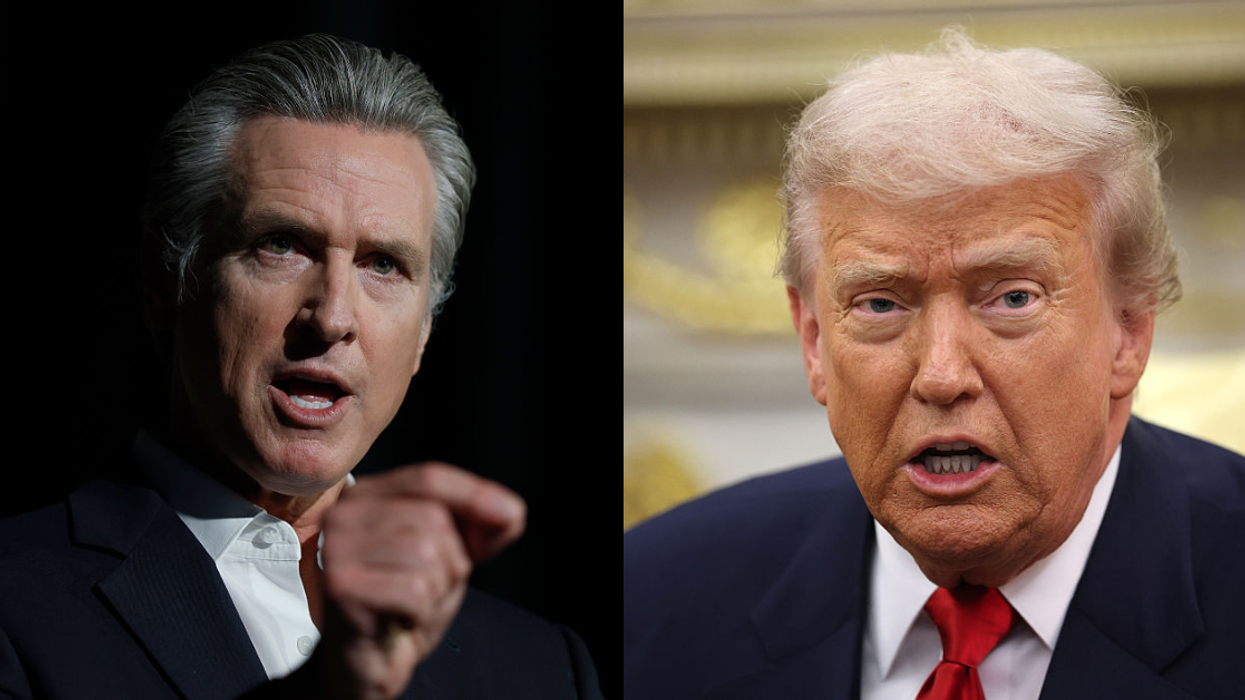

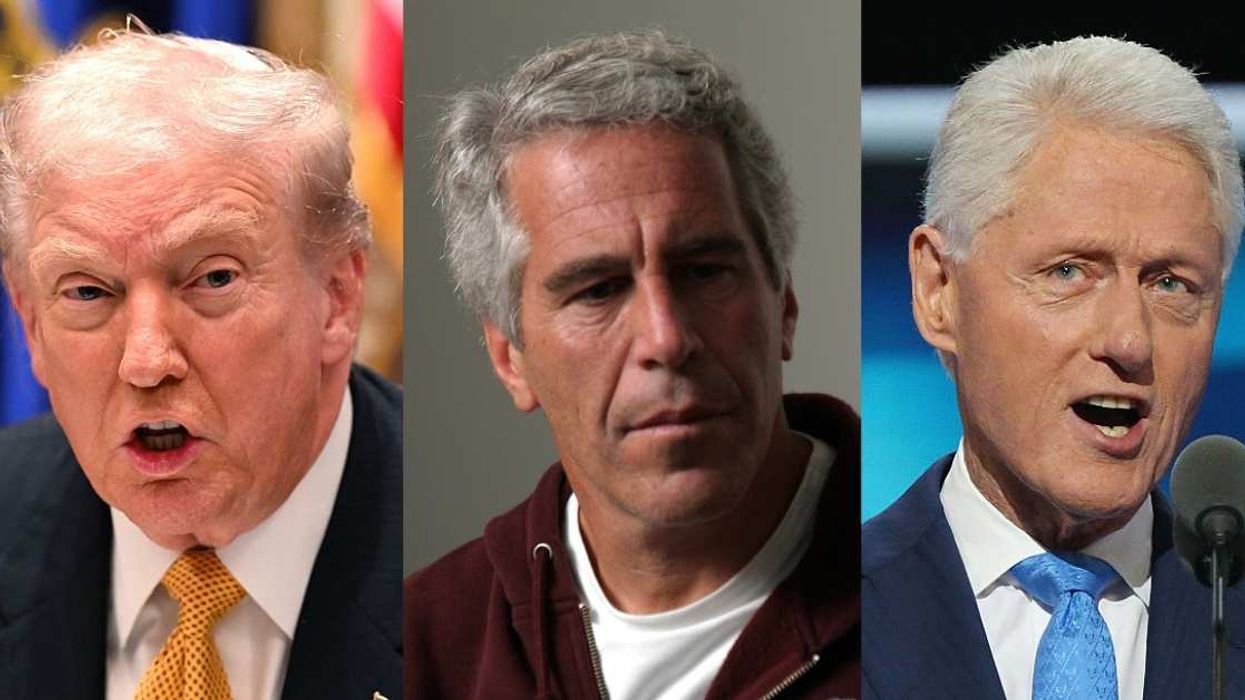
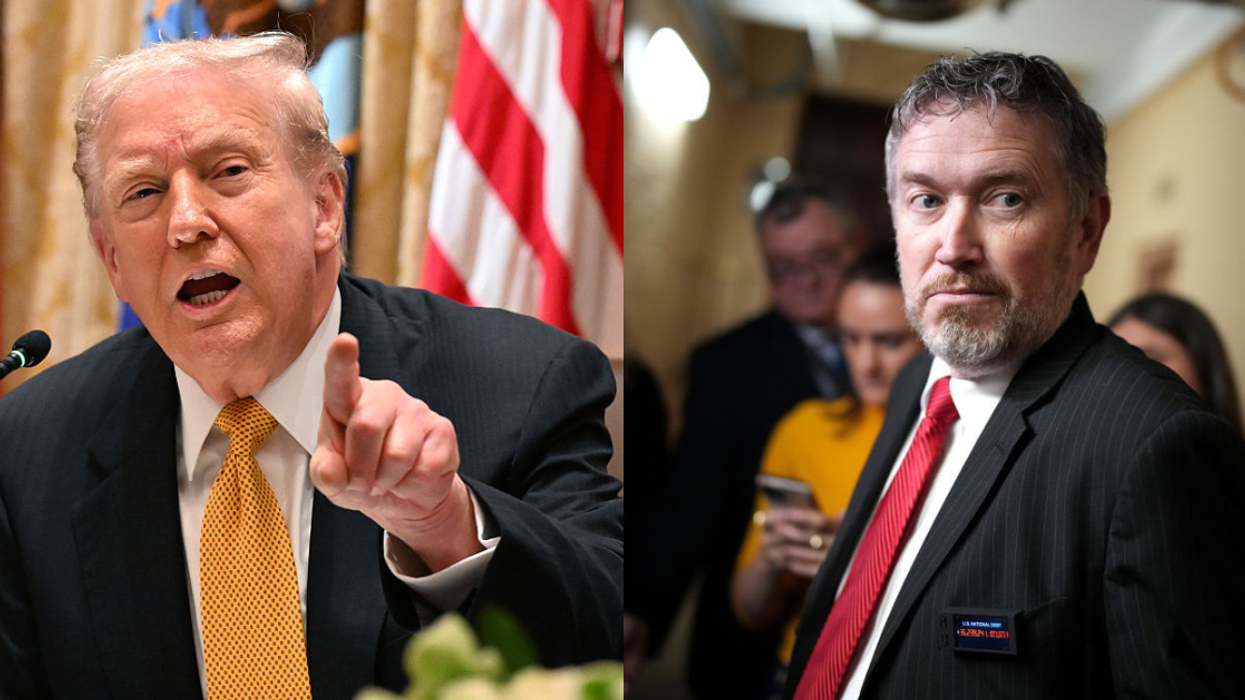

 big brother pop GIF by Big Brother After Dark
big brother pop GIF by Big Brother After Dark 
 Unimpressed Get It Together GIF
Unimpressed Get It Together GIF  The Bachelor Shut Up GIF by BuzzFeed
The Bachelor Shut Up GIF by BuzzFeed  customer service waiter GIF
customer service waiter GIF 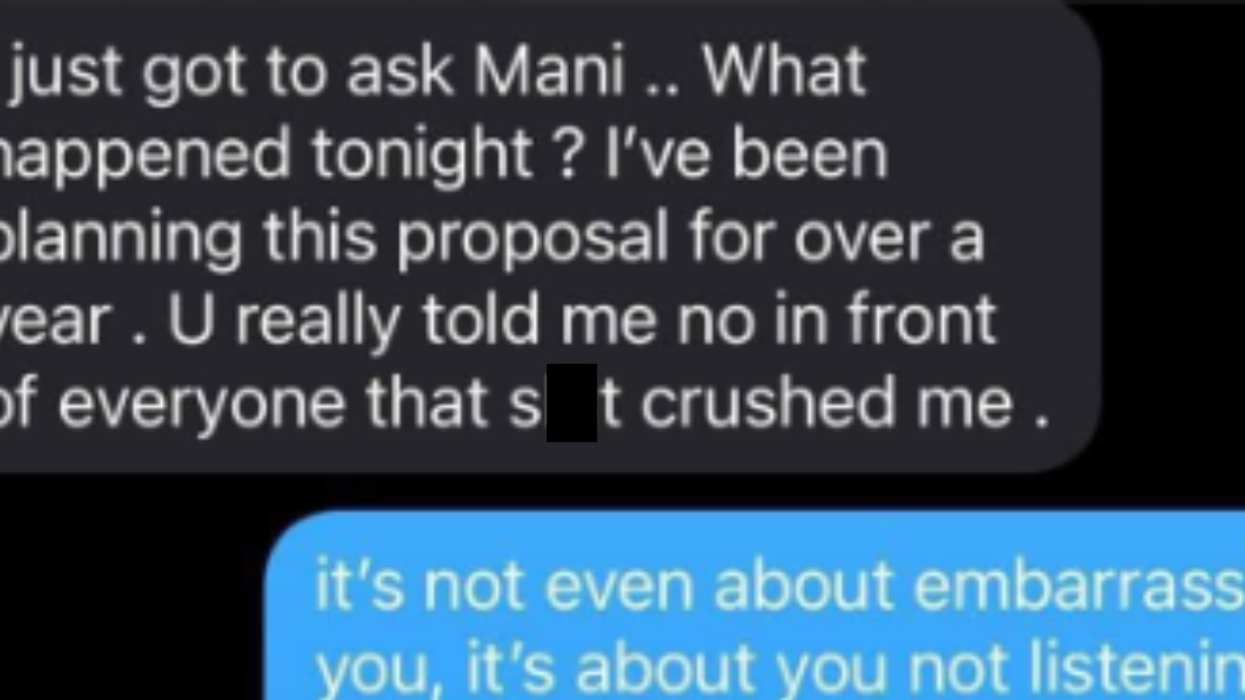
 @prissyxoxo25/Threads
@prissyxoxo25/Threads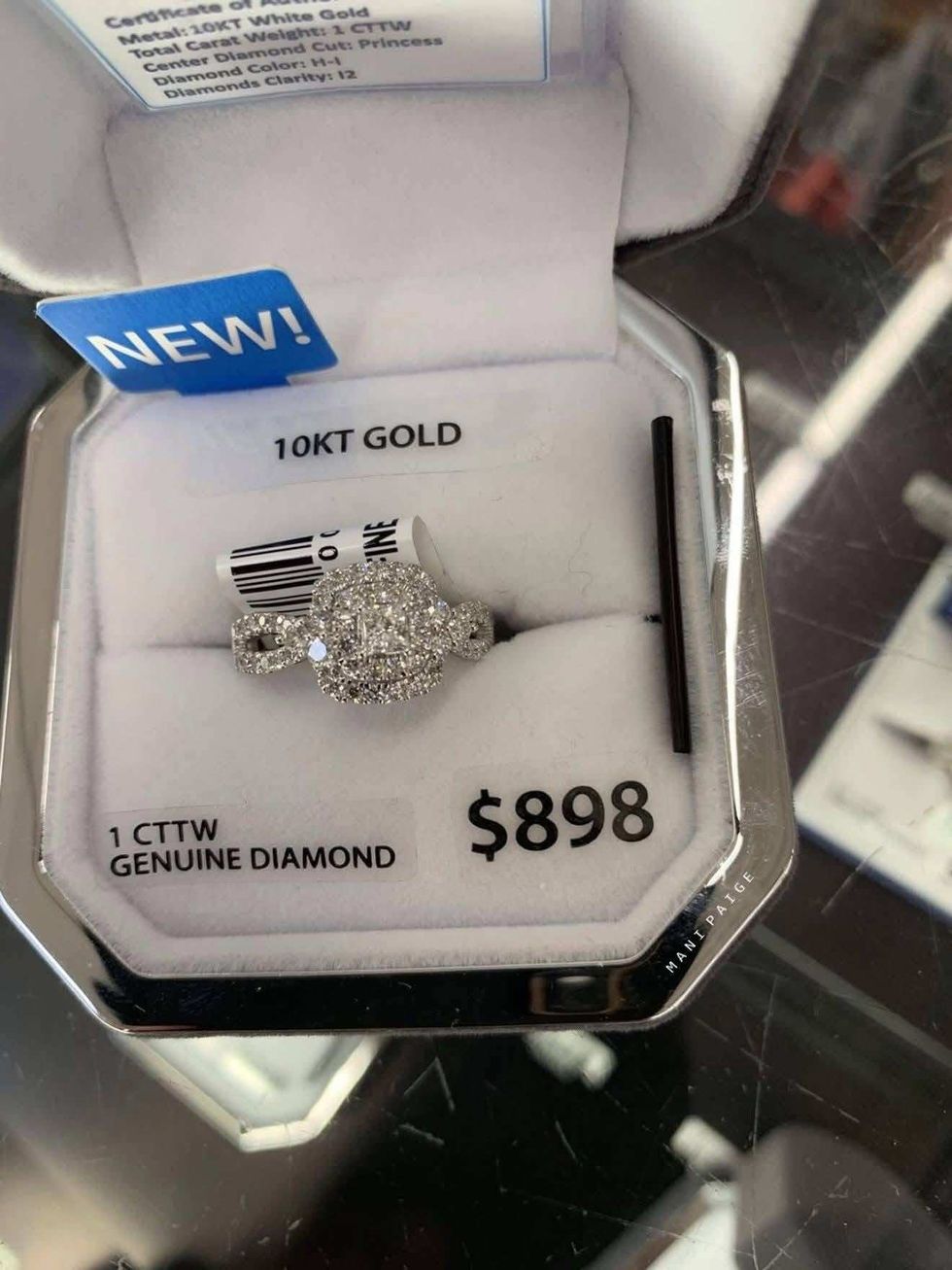 @prissyxoxo25/Threads
@prissyxoxo25/Threads @prissyxoxo25/Threads
@prissyxoxo25/Threads @prissyxoxo25/Threads
@prissyxoxo25/Threads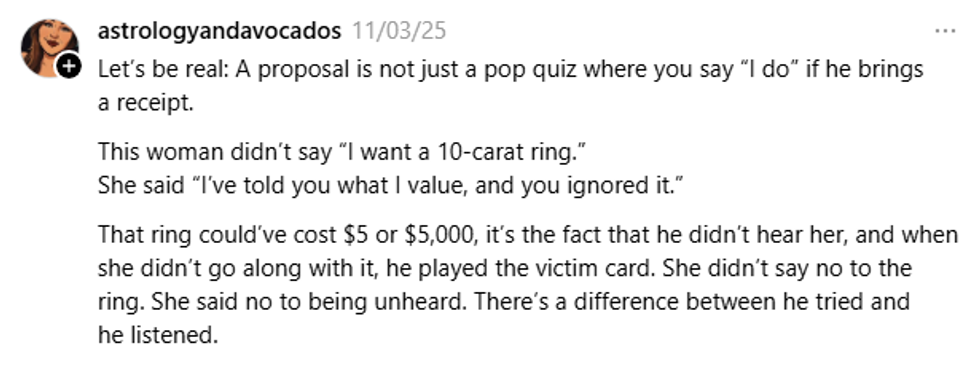 @prissyxoxo25/Threads
@prissyxoxo25/Threads @prissyxoxo25/Threads
@prissyxoxo25/Threads @prissyxoxo25/Threads
@prissyxoxo25/Threads @prissyxoxo25/Threads
@prissyxoxo25/Threads @prissyxoxo25/Threads
@prissyxoxo25/Threads @prissyxoxo25/Threads
@prissyxoxo25/Threads @prissyxoxo25/Threads
@prissyxoxo25/Threads @prissyxoxo25/Threads
@prissyxoxo25/Threads @prissyxoxo25/Threads
@prissyxoxo25/Threads
 @randomthoughts2226/TikTok
@randomthoughts2226/TikTok @randomthoughts2226/TikTok
@randomthoughts2226/TikTok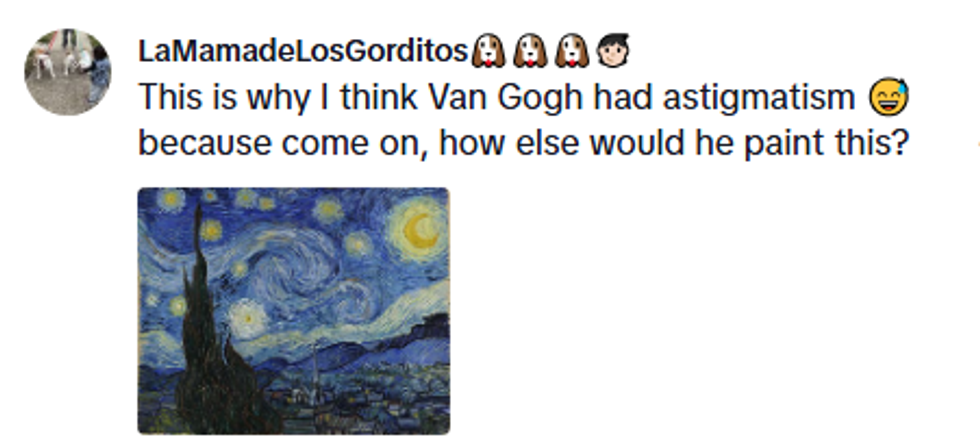 @randomthoughts2226/TikTok
@randomthoughts2226/TikTok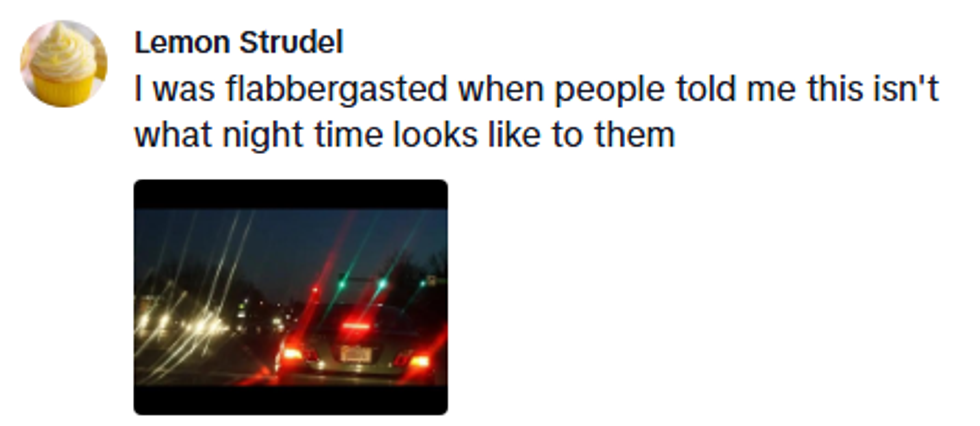 @randomthoughts2226/TikTok
@randomthoughts2226/TikTok @randomthoughts2226/TikTok
@randomthoughts2226/TikTok @randomthoughts2226/TikTok
@randomthoughts2226/TikTok @randomthoughts2226/TikTok
@randomthoughts2226/TikTok @randomthoughts2226/TikTok
@randomthoughts2226/TikTok @randomthoughts2226/TikTok
@randomthoughts2226/TikTok @randomthoughts2226/TikTok
@randomthoughts2226/TikTok
 @lookitskateeee/TikTok
@lookitskateeee/TikTok @lookitskateeee/TikTok
@lookitskateeee/TikTok @lookitskateeee/TikTok
@lookitskateeee/TikTok @lookitskateeee/TikTok
@lookitskateeee/TikTok @lookitskateeee/TikTok
@lookitskateeee/TikTok @lookitskateeee/TikTok
@lookitskateeee/TikTok @lookitskateeee/TikTok
@lookitskateeee/TikTok @lookitskateeee/TikTok
@lookitskateeee/TikTok @lookitskateeee/TikTok
@lookitskateeee/TikTok @lookitskateeee/TikTok
@lookitskateeee/TikTok